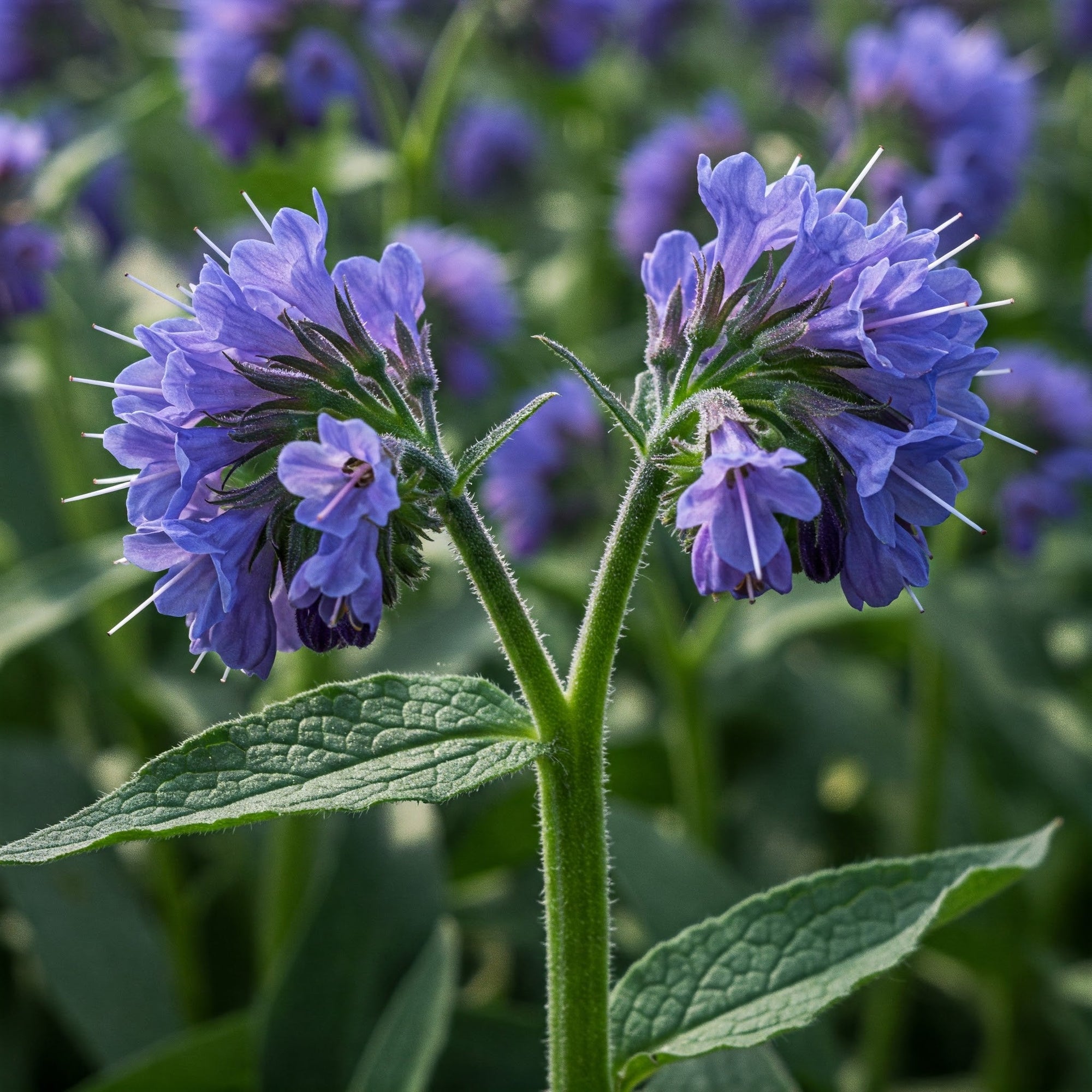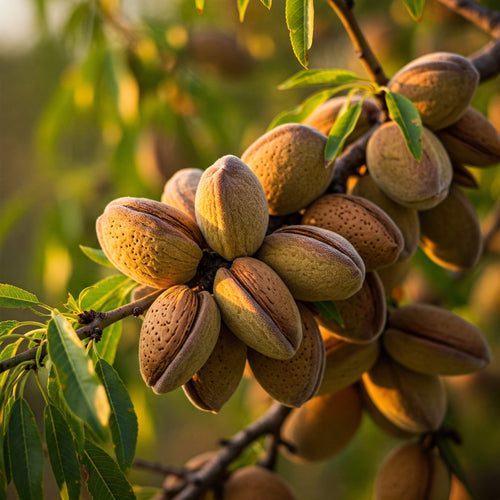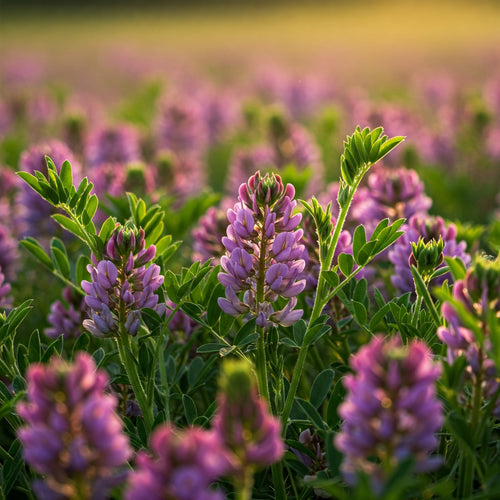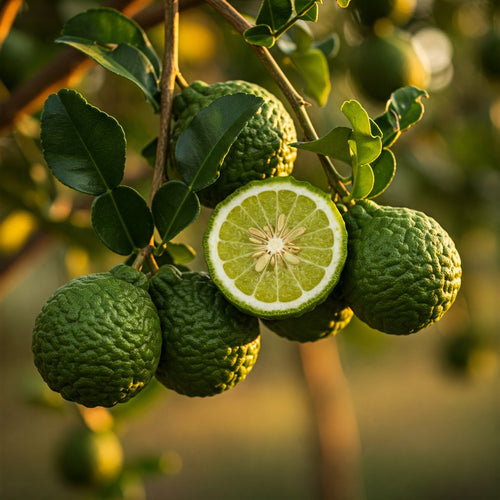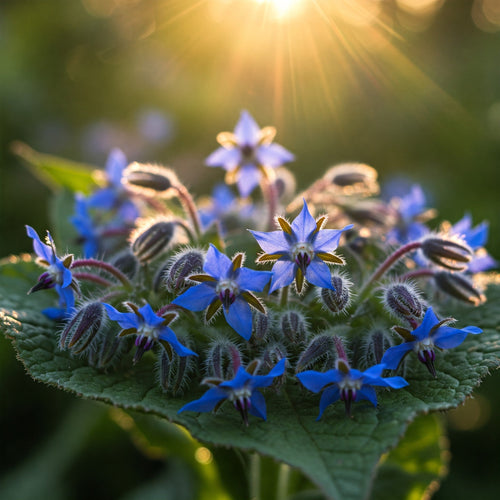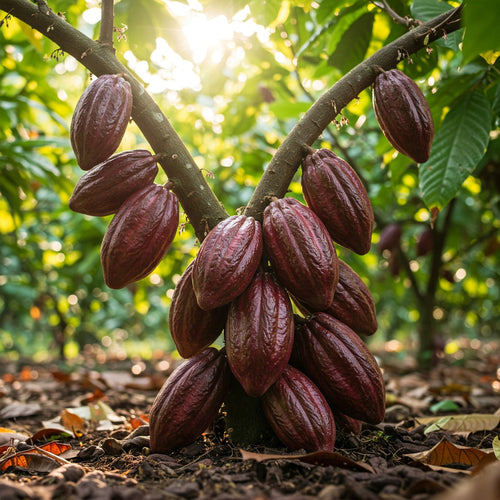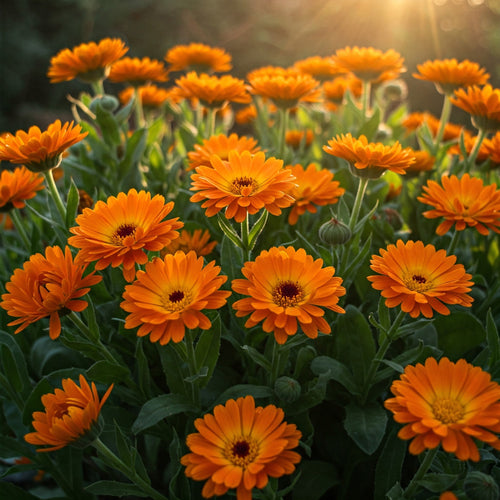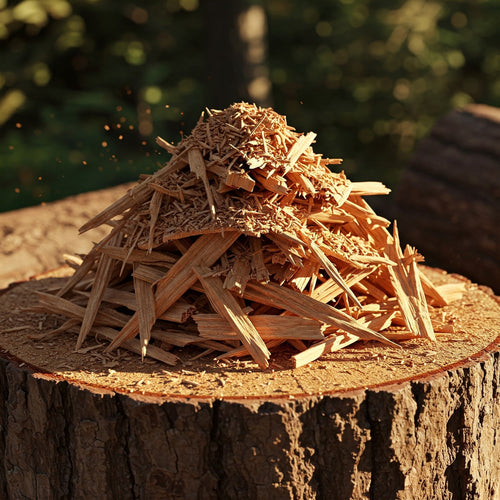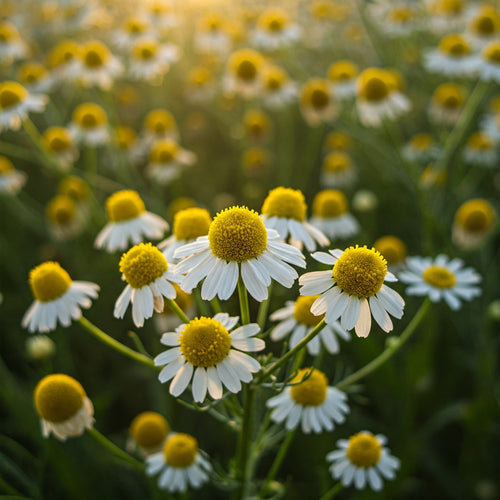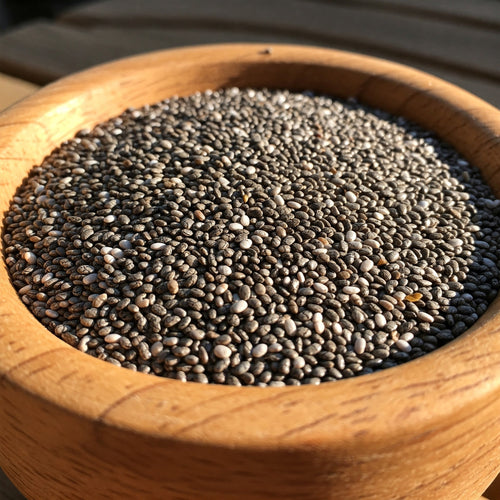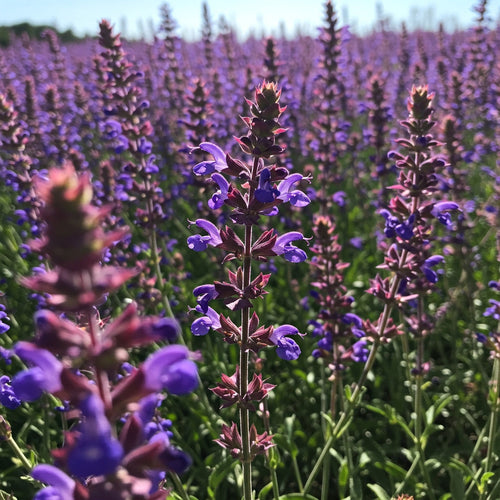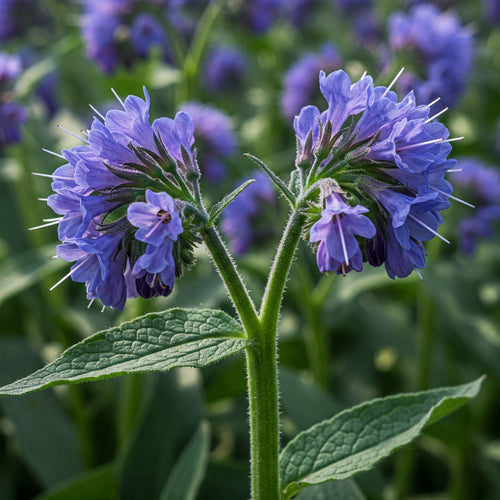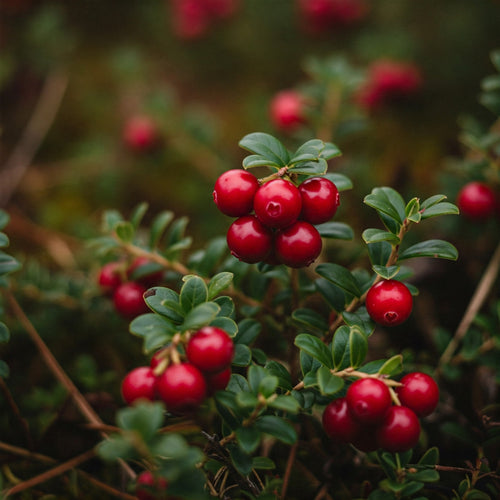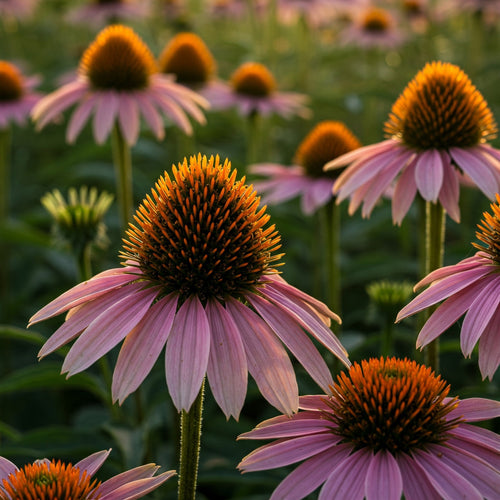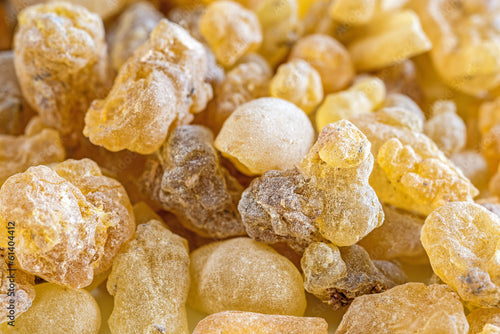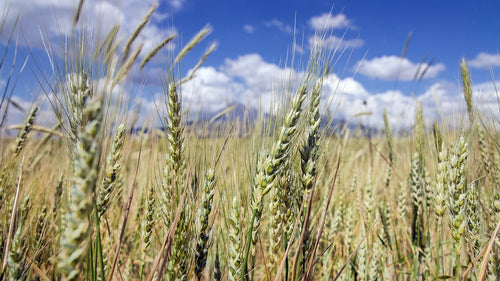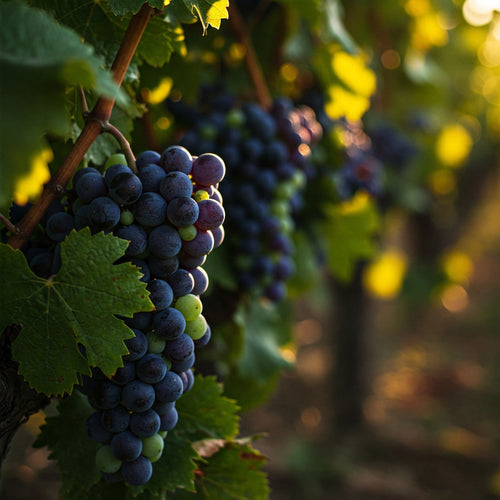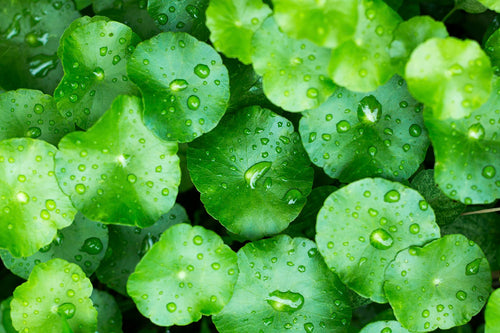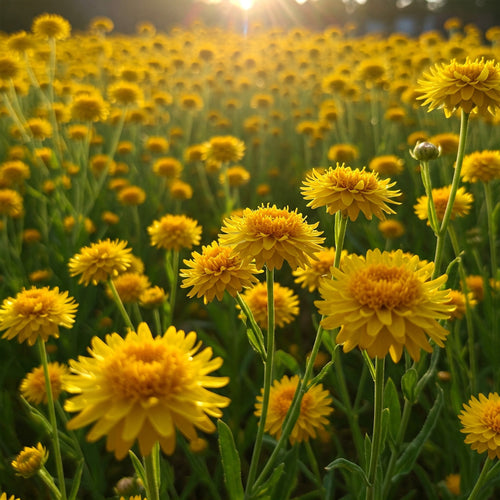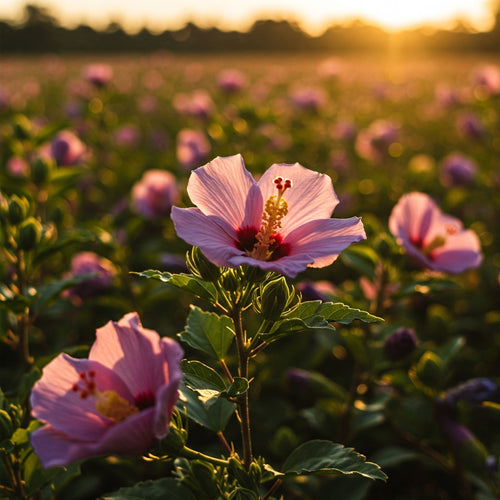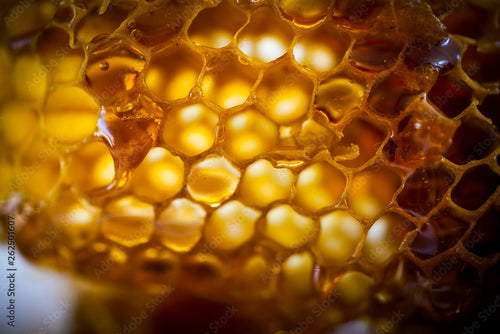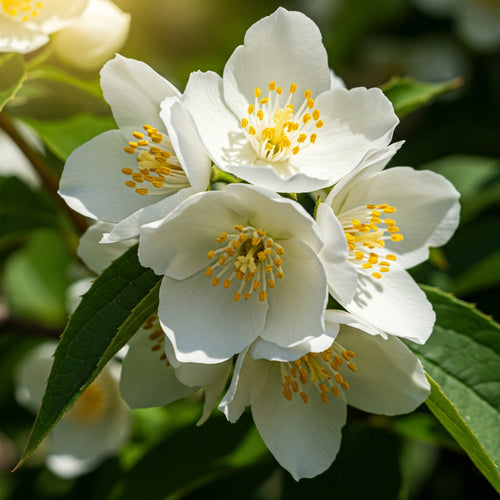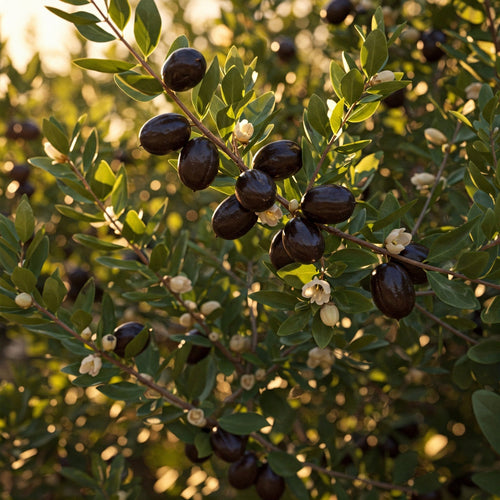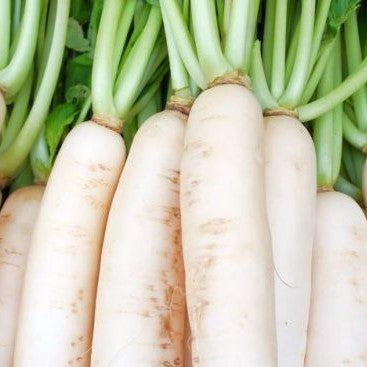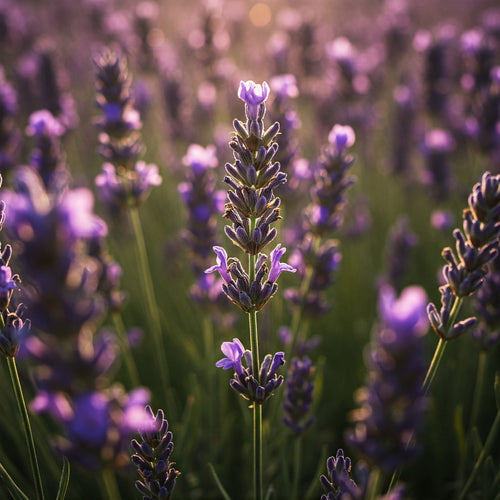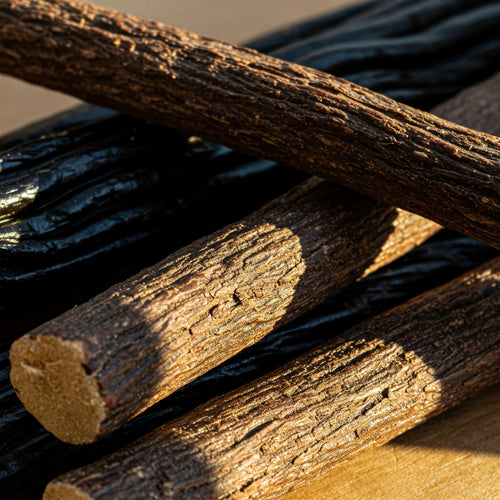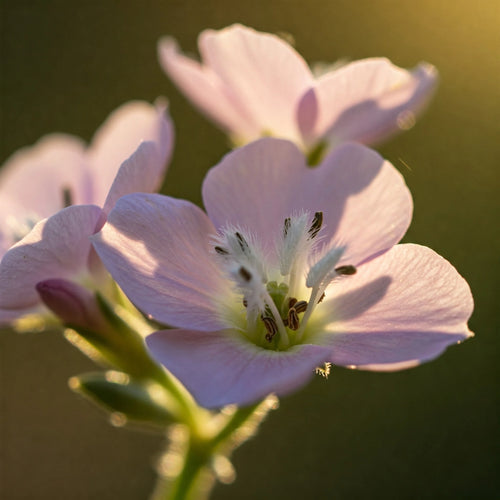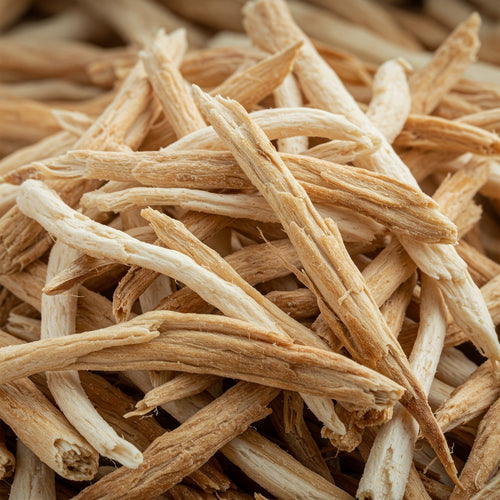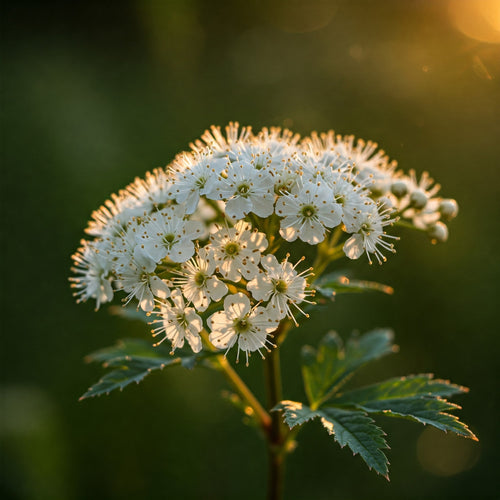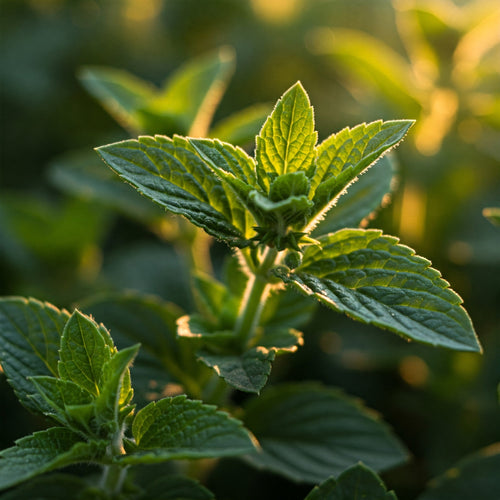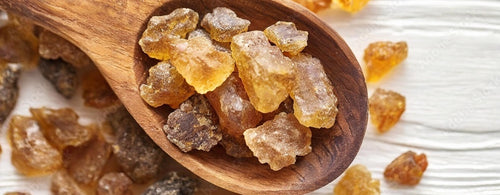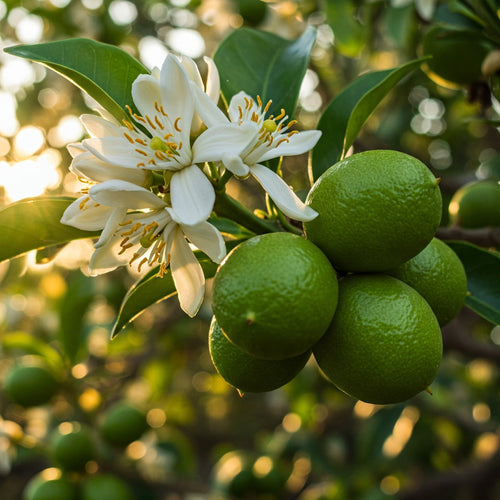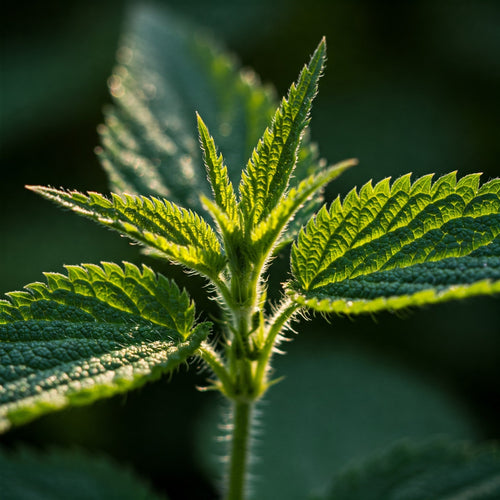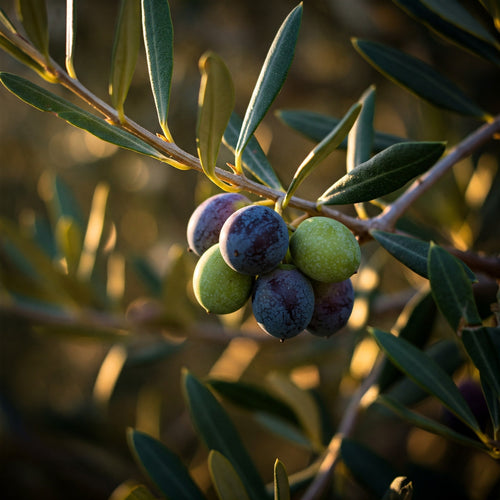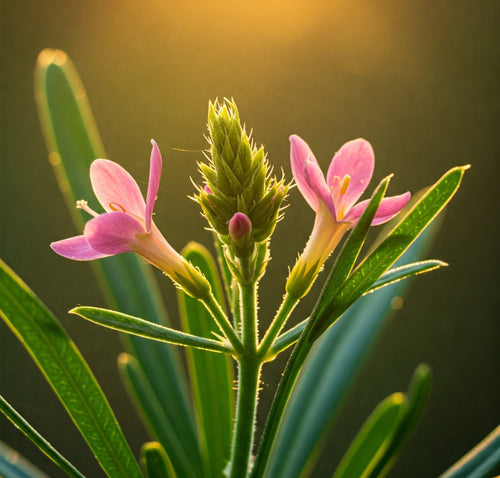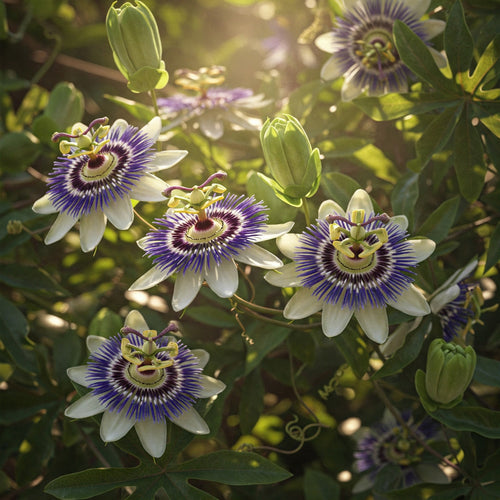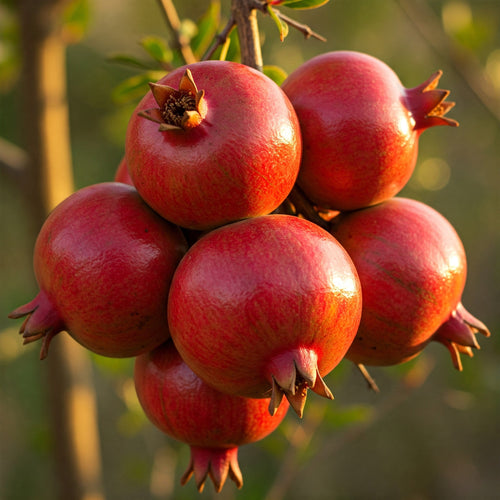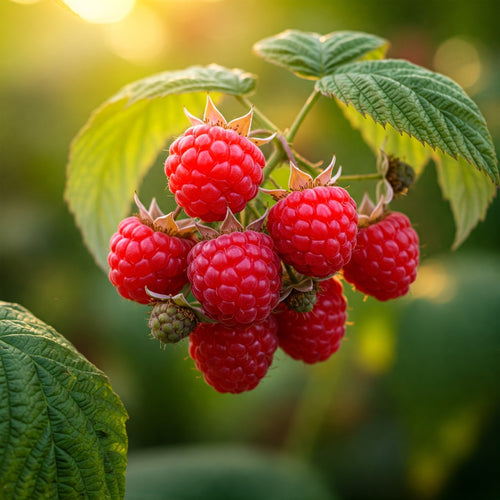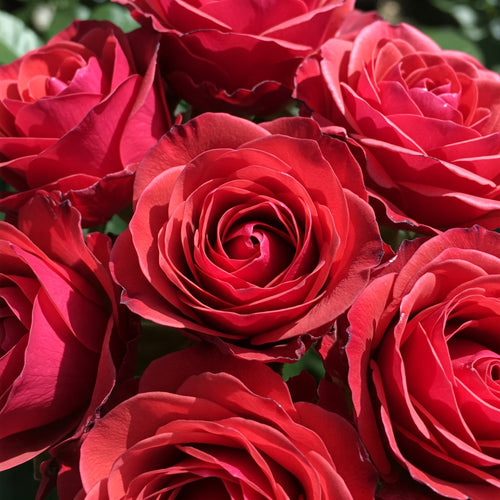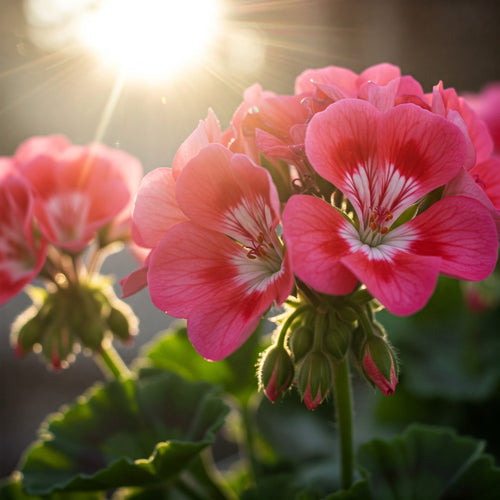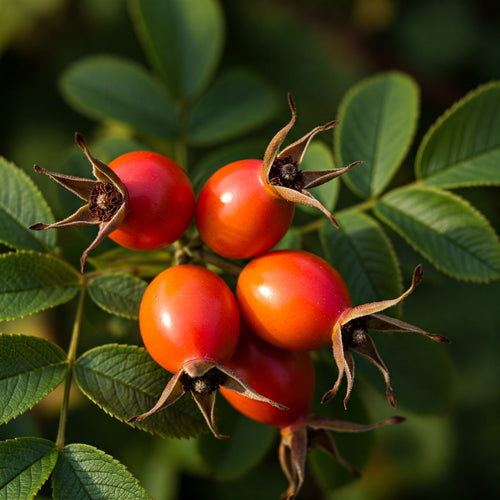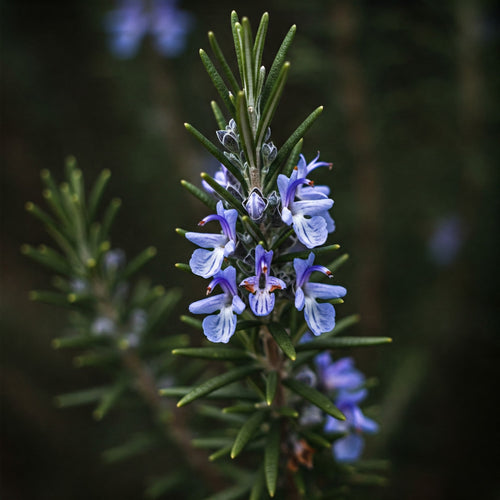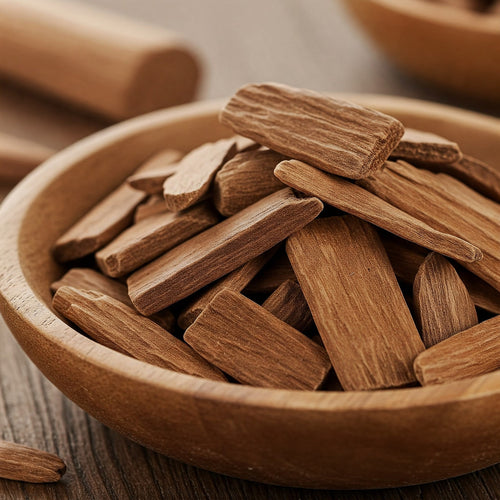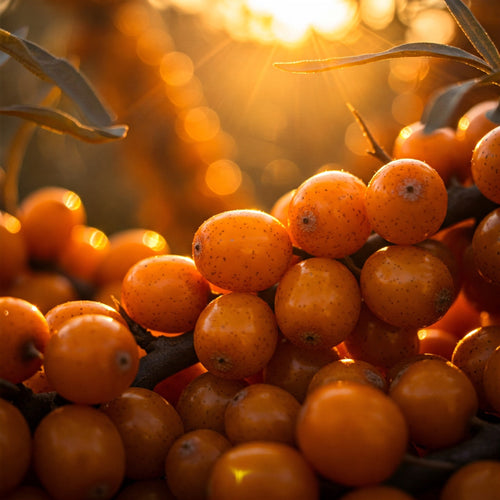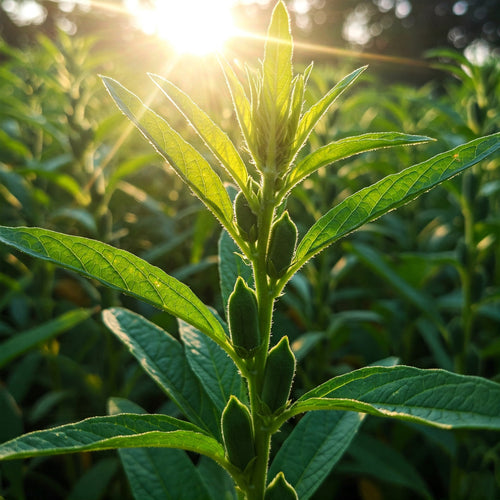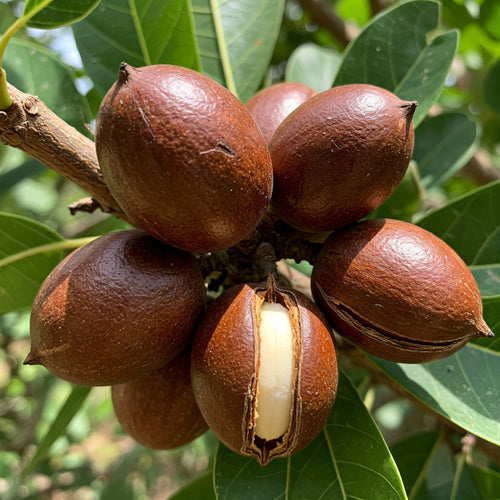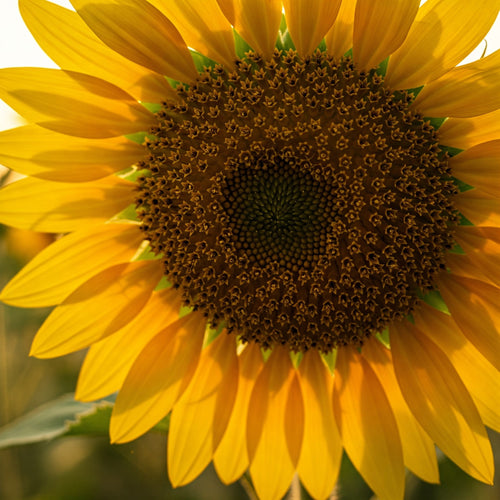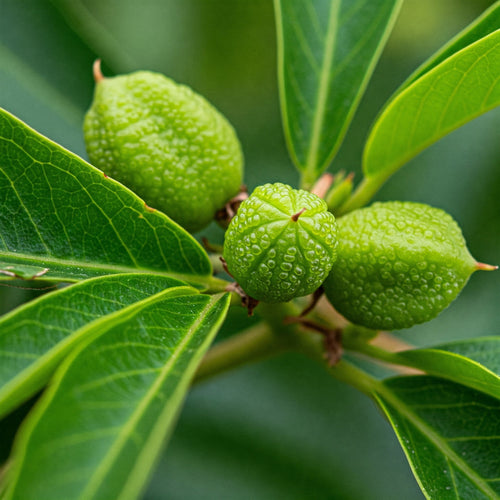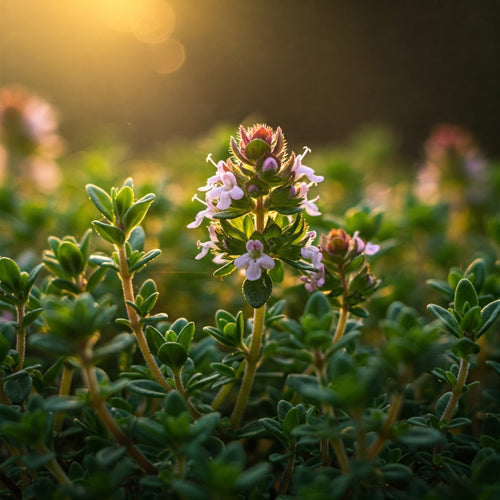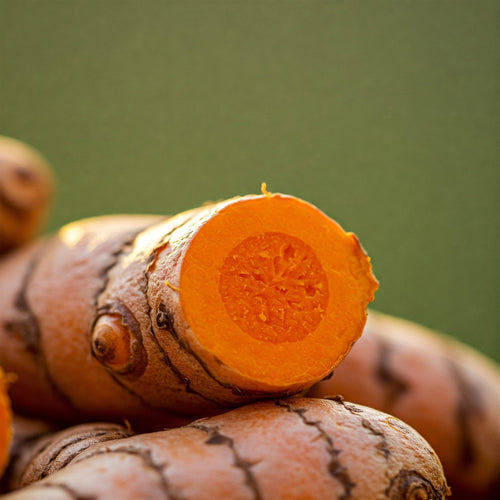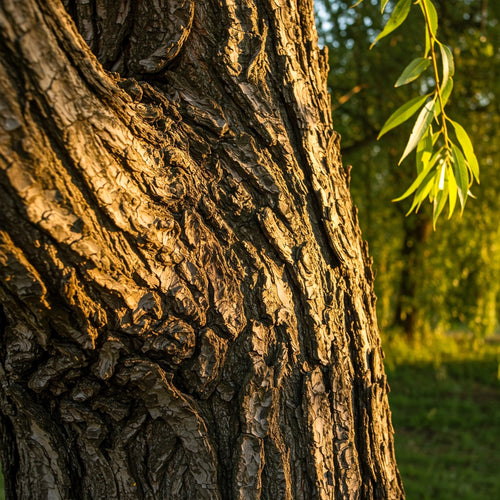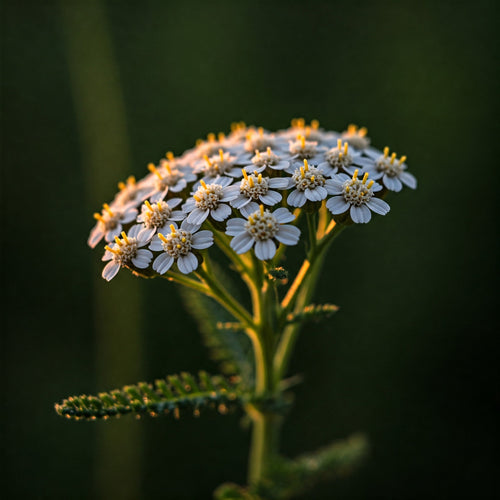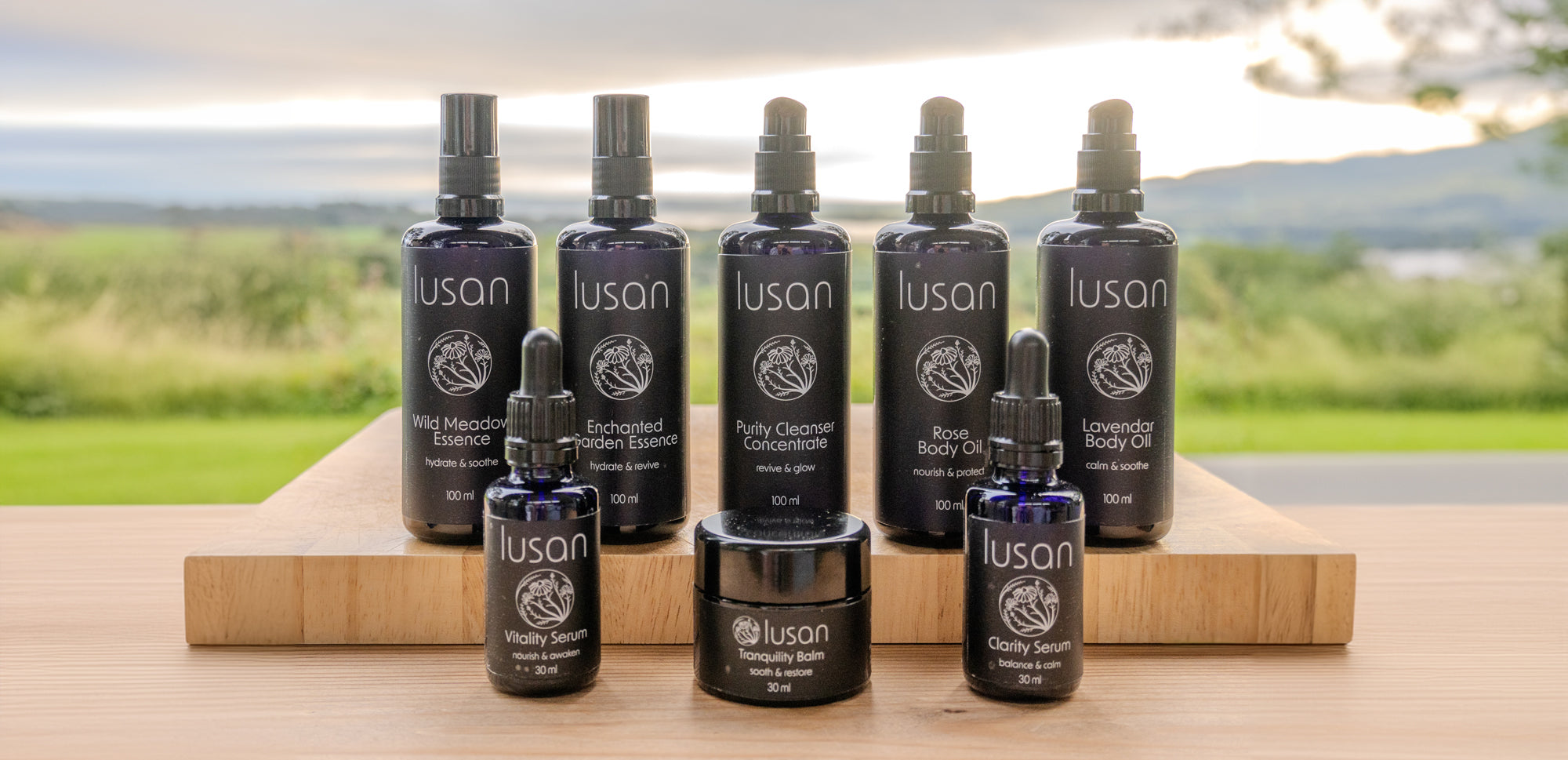Symphytum offinale
Is a vigorous perineal flowering plant in the borage family. It is native to northern temperate regions of Europe, Asia and Western Siberia. It produces blue, purple, pink or creamy yellow bell-shaped flowers from late spring to early autumn, providing nectar and pollen to bees and many other insects.
In all Western European languages, the name for comfrey is derived from the words for uniting and firming. In Latin, symphytum meaning ‘I grow together’, solidago, ‘I make firm’, and in German Beinwell ‘growing together’.
It has been used for over 2000 years in traditional medicine to treat a variety of ailments and is highly valued for its anti-inflammatory, analgesic and astringent properties. It was used often in compresses to seal fresh wounds.
In the 20th century, the active constituents of comfrey were detected for the first time. These include allantoin, which is used in skin care to relieve irritation, and protect minor cuts, scrapes and burns. Mucilaginous substances which hydrate and moisturise the skin providing a protective barrier. Rosmarinic acid, is a potent antioxidant with anti-inflammatory properties that has been found to protect against various forms of cancer. Studies have provided evidence to support comfrey’s use in treating minor skin wounds and joint pain.
Comfrey has very deep roots, up to 2 meters and is able to access nutrients deep in the soil that many other plants can not reach. Once taken up by the roots they are relocated throughout the plant, making comfrey a rich source of a variety of minerals.
These minerals provide the nutritive building blocks for healthy skin cell development, comfrey can dramatically and quickly increase new epithelial cell growth (nature's safer alternative to retinol!), jumpstarting the healing process by behaving similarly to our own stem cells.
Comfrey is useful for supporting healthful ageing and keeping skin firm. This supple leaf is useful for scarring, damaged barriers, redness/rosacea symptoms, any type of dermatitis, and free radical damage - including UV exposure. It’s a soothing, anti-inflammatory mucilaginous hydrator.
Our Comfrey is biodynamically grown for us in the UK and certified organic.
